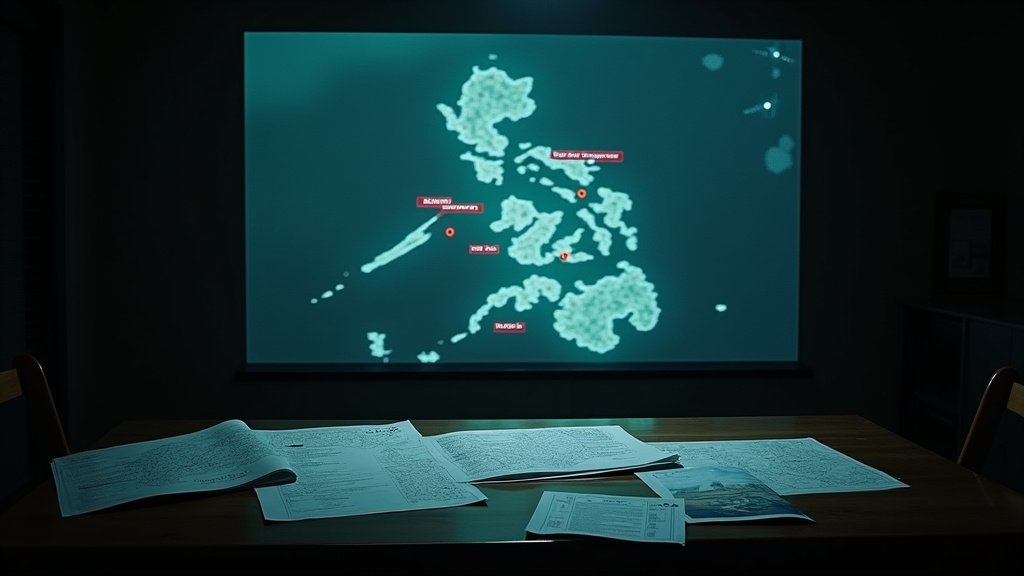A significant escalation unfolded in the Middle East as the United States military launched strikes targeting three key nuclear sites within Iran. The actions, confirmed by Washington, saw American forces strike facilities identified as Fordow, Natanz, and Esfahan.
President Donald Trump characterized the strikes as a “very successful attack,” indicating the administration’s assessment of the military operation’s effectiveness. This move marks a direct entry by the United States into an ongoing military campaign that Israel has been conducting against Iran.
Understanding the Context
For over a week leading up to the U.S. action, Israeli forces had been engaged in sustained strikes targeting various aspects of Iran’s military and strategic infrastructure. These Israeli operations specifically aimed at disrupting or degrading Iran’s nuclear program, its air defenses, and its missile capabilities. The U.S. decision to join the air campaign follows this period of intensified Israeli pressure on Tehran.
The broader conflict between Israel and Iran had already seen a notable intensification on June 13, prior to the U.S. intervention. This preceding escalation had set a tense stage for further military engagement in the region.
The Immediate Aftermath
In the hours following the American strikes on Fordow, Natanz, and Esfahan, Iran responded by launching missiles towards Israel. This retaliatory barrage resulted in injuries on the Israeli side, with reports confirming that over 20 people sustained wounds. The exchange underscored the volatile nature of the situation and the potential for rapid escalation.
International and Domestic Reactions
Amidst the rising tensions and the direct military exchanges, diplomatic efforts have been noted. Prime Minister Narendra Modi of India engaged in communication with Iranian President Masoud Pezeshkian. During their discussion, Prime Minister Modi urged for “immediate de-escalation” of the conflict and emphasized the importance of dialogue as a path forward. This intervention highlights international concerns regarding the stability of the region.
The U.S. strikes have also prompted discussion and concern on other fronts. Security experts have publicly expressed worries that Iran might choose to retaliate against the military action through cyberattacks, potentially targeting critical infrastructure or other assets. Such a response would represent a different dimension of conflict but could have widespread consequences.
Domestically within the United States, the legality of President Trump’s strikes has become a subject of debate among some lawmakers. Questions have been raised regarding the basis for the military action and whether proper authorization or consultation protocols were followed, adding a layer of political scrutiny to the events.
Implications for Regional Stability
The direct involvement of the United States military in striking Iranian nuclear facilities signifies a major shift in the dynamics of the regional confrontation. While Israel has long taken action against perceived threats from Iran, the American military intervention raises the stakes considerably. Targeting sites explicitly linked to the nuclear program – such as Natanz, a known uranium enrichment facility, Fordow, a deeply buried enrichment site, and Esfahan, home to various nuclear-related facilities – sends a clear message regarding international concerns about Iran’s nuclear ambitions.
The sequence of events – Israel’s prolonged campaign, the U.S. strikes, and Iran’s immediate missile retaliation – illustrates a dangerous cycle of action and counter-action. The call for “immediate de-escalation” by international leaders like Prime Minister Modi reflects the widespread apprehension about the potential for the conflict to spiral further out of control, impacting not only the involved nations but the broader international community.
The coming days are expected to be critical in determining whether diplomacy can gain traction or if further military exchanges will characterize the volatile relationship between Iran, Israel, and the United States. The questions raised by U.S. lawmakers also suggest that the political and legal ramifications of the strikes will continue to be debated domestically.
The situation remains fluid, with the international community closely watching developments and hoping that paths towards de-escalation and dialogue can be found to avert a wider regional conflict.





